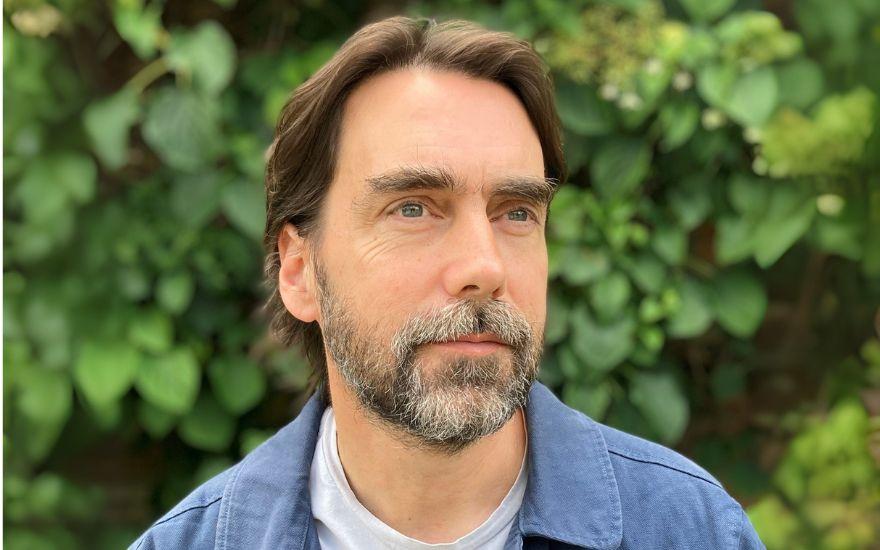Overview
The minimum offer is A*AA at A-level, or 7 7 6 (42+ overall) from Higher Level subjects in the IB. We may ask that the A*/HL7 be achieved in a specific subject from those you are currently taking. For other qualifications, please see the University entrance requirements page.
None
You may find Mathematics and writing intensive, essay-based subjects to be good preparation.
Philosophy at Clare
Clare College is just a stone's throw from the Sidgwick Site, where the Philosophy Faculty is located and where most philosophy lectures and classes take place.
The College library is well stocked with core readings in philosophy, and we have access to a strong network of supervisors from across the University who will be able to support learning across the full syllabus.
Cambridge University has an especially distinguished place in the history of 20th-century philosophy. It was here, in the early years of the century, that Bertrand Russell, G.E. Moore, Ludwig Wittgenstein, Frank Ramsey and others developed the analytic style of philosophy that is now prominent throughout the world.
The Faculty of Philosophy at Cambridge retains a strong commitment to this analytic style, though this does not preclude active study and teaching of the history of philosophy from Socrates to Nietzsche, and of such subjects as aesthetics and political philosophy.
Visit the University's subject page for more information.
Dr Tim Lewens' advice for prospective applicants: Philosophy is a subject that not everyone has the opportunity to study at school. If you are in that situation (or even if you are studying for A-level) then there are plenty of other ways to engage with the subject. You could start a philosophy club and work through a book or an online talk with friends. And if you are stuck for resources there are great podcasts, such as Philosophy Bites, or the more philosophical episodes of In Our Time; there are introductory books, such as Simon Blackburn’s Think; and of course you can read the classics. You will learn a lot if you read Descartes’ Meditations, or even something much more recent like Parfit’s Reasons and Persons. But also consider looking at texts that bring philosophy into dialogue with the problems posed by medicine, science and technology: books like O’Neill’s Autonomy and Trust in Bioethics; or Douglas’s Science, Policy, and the Value-Free Ideal.

Tim Lewens’s research is focused on the philosophy of science, and in particular the philosophy of biology. He also has interests in biomedical ethics. His books include The Meaning of Science (Penguin 2015), Cultural Evolution: Conceptual Challenges (Oxford University Press 2015), Why we Disagree about Human Nature (Oxford University Press 2018), and most recently Cultural Selection (Cambridge University Press 2024). He was Head of the Department of History and Philosophy of Science from 2019 to 2024, and before that (from 2014 to 2017) he was the Deputy Director of CRASSH, the Centre for Research in Arts, Social Sciences and Humanities. Since January 2025 he has been Co-Editor-in-Chief (alongside Robert Rupert) of The British Journal for the Philosophy of Science.

